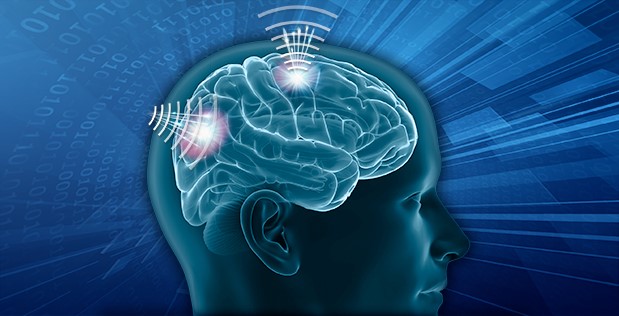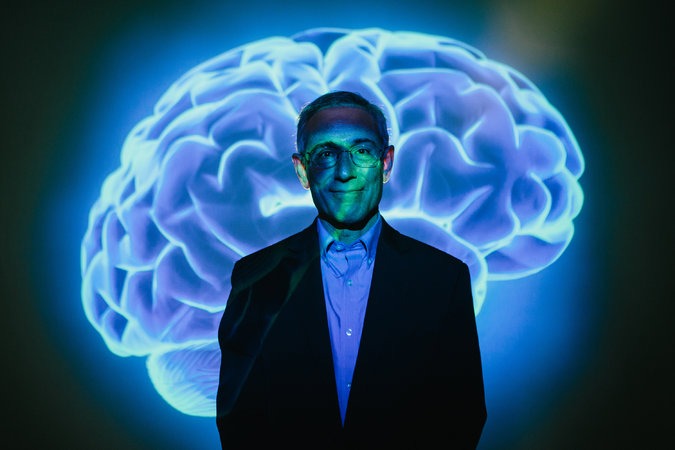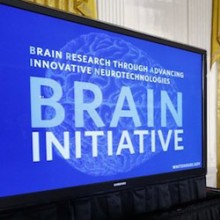Posts Tagged ‘biomedical’
DARPA paving the way for a future brain-based Internet
___ DARPA Wants Brain Interfaces for Able-Bodied Warfighters (IEEE Spectrum): “Until now, the neuroscience programs at DARPA, the mad science wing of the Department of Defense, have focused on technologies for warfighters who have returned home with disabilities of the body or brain. For example, programs have funded research on prosthetic limbs that are wired…
Read MoreDARPA invests in nonsurgical neurotechnologies for eventual use in healthy human subjects
___ Nonsurgical Neural Interfaces Could Significantly Expand Use of Neurotechnology (DARPA News): “Over the past two decades, the international biomedical research community has demonstrated increasingly sophisticated ways to allow a person’s brain to communicate with a device, allowing breakthroughs aimed at improving quality of life, such as access to computers and the internet, and more…
Read MoreDr. Anna Wexler to discuss the Present and Future of DIY Brain Enhancement at the 2017 SharpBrains Virtual Summit (December 5–7th)
_____ Proud to confirm that Dr. Anna Wexler, a science writer, filmmaker and postdoc fellow in advanced biomedical ethics at the Department of Medical Ethics & Health Policy at the University of Pennsylvania, will discuss the Present and Future of DIY Brain Enhancement (especially brain stimulation modalities such as tDCS) at the upcoming 2017 SharpBrains Virtual…
Read MoreRequired: Deep partnerships between industry and academia to upgrade healthcare and biomedical research via Big Data
Join the disruptors of health science (Nature): Thomas R. Insel’s biggest lesson from his shift from NIMH director to Silicon Valley entrepreneur: academic and technology company researchers should partner up. “In early 2015, I testified with several other National Institutes of Health (NIH) directors at an annual hearing held by the US Senate. It was my…
Read MoreMixed reaction to new BRAIN initiative
Mapping the mind—smart thinking for brain health? (The Lancet): “…Will the reality match the ambition? Reaction has been mixed…Given that our brains change, learn, think, remember, and are shaped by our experiences, interactions with other people, and society, mapping the electrical spikes in the brain seems an overly restrictive biomedical approach to understanding the most…
Read MoreDr. Art Kramer on Why We Need Walking Book Clubs to Enhance Cognitive Fitness and Brain Health
Dr. Arthur Kramer is a Professor in the University of Illinois Department of Psychology, the Campus Neuroscience Program, the Beckman Institute, and the Director of the Biomedical Imaging Center at the University of Illinois. I am honored to interview him today. Dr. Kramer, thank you for your time. Let’ start by trying to clarify some existing…
Read More



